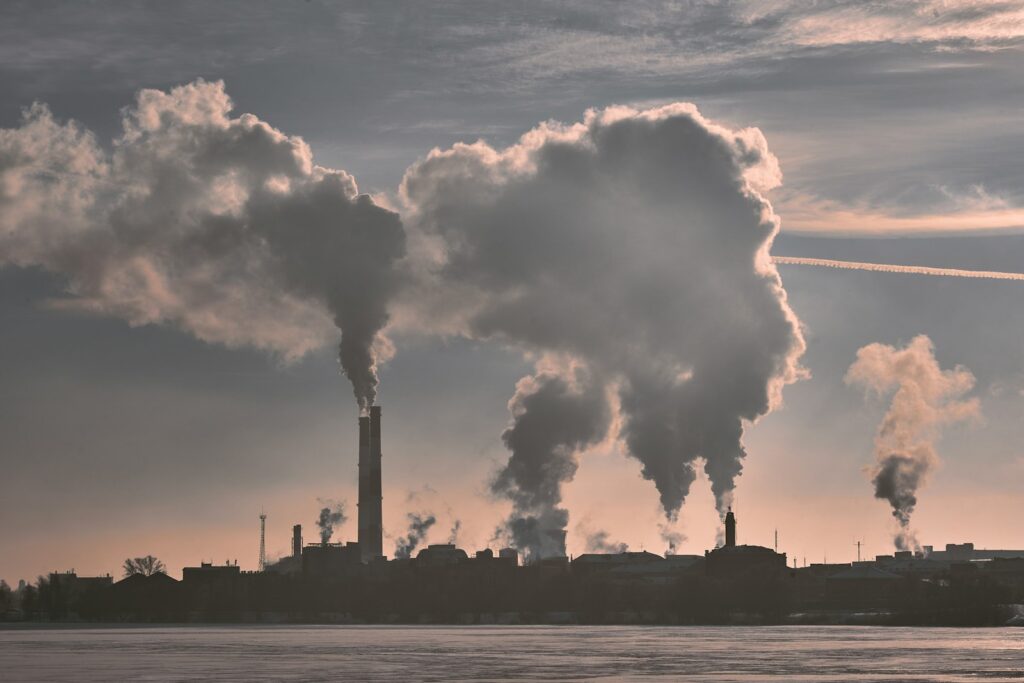Poor water quality worldwide is threatening human, environmental and economic wellbeing, a new World Bank report has found.
The study, Quality Unknown: The Invisible Water Crisis, says that the quality of many of the world’s bodies of water is deteriorating not just due to bacteria like E. coli, but other contaminants like fires, sewage, chemicals and plastics.
The World Bank says that countries must act now to improve water quality in order to avoid knock-on effects on human health, food production and economic growth.
‘Water quality needs to be politically prioritized, and it should be treated as an urgent concern for public health, the economy, and ecosystems,’ the report said.
‘With water scarcity expected to increase as populations grow and the climate changes, the world cannot afford to waste and contaminate its precious water resources.’
Researchers conducted the study by drawing up the world’s largest database on water quality, collecting data from monitoring stations, remote sensors and machine learning tools.
The study found that nitrogen’s use as an agricultural fertiliser – often used to increase yield – is having a terrible effect on bodies of water like rivers and lakes, creating nitrates which stunt young children’s growth.
Each additional kilogram of nitrogen fertiliser per hectare that enters the water supply can increase childhood stunting by as much as 19% and reduce future earning potential by 1-2%, compared to children who are not exposed to nitrates, it found.
Scientists also discovered that growing salt levels in water – due to more intense droughts and storms – is making land less productive, with saline water causing enough food to feed 170 million people to be lost every single year.
The World Bank concluded that poor water quality is lowering GDP in some regions by as much as a third, due to its negative effects on health, agriculture and ecosystems.
‘This is yet another stark indication that there are often trade-offs between benefits of economic production and environmental quality,’ the report said.
The international financial institution has urged countries to take action to improve water quality and address the challenges raised in the report.
Actions the World Bank has suggested include improving wastewater treatment infrastructure, monitoring pollution levels more effectively, and planning land use more smartly to protect water supplies.
Photo Credit – Pixabay















